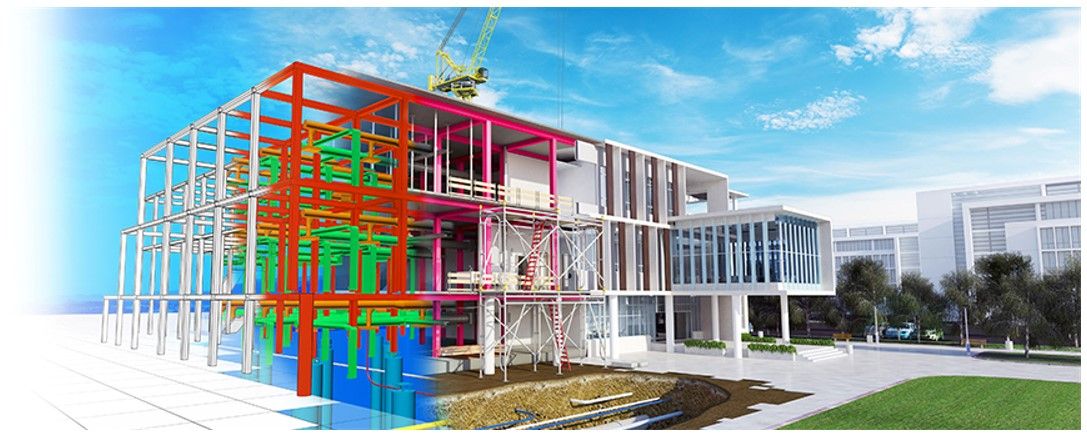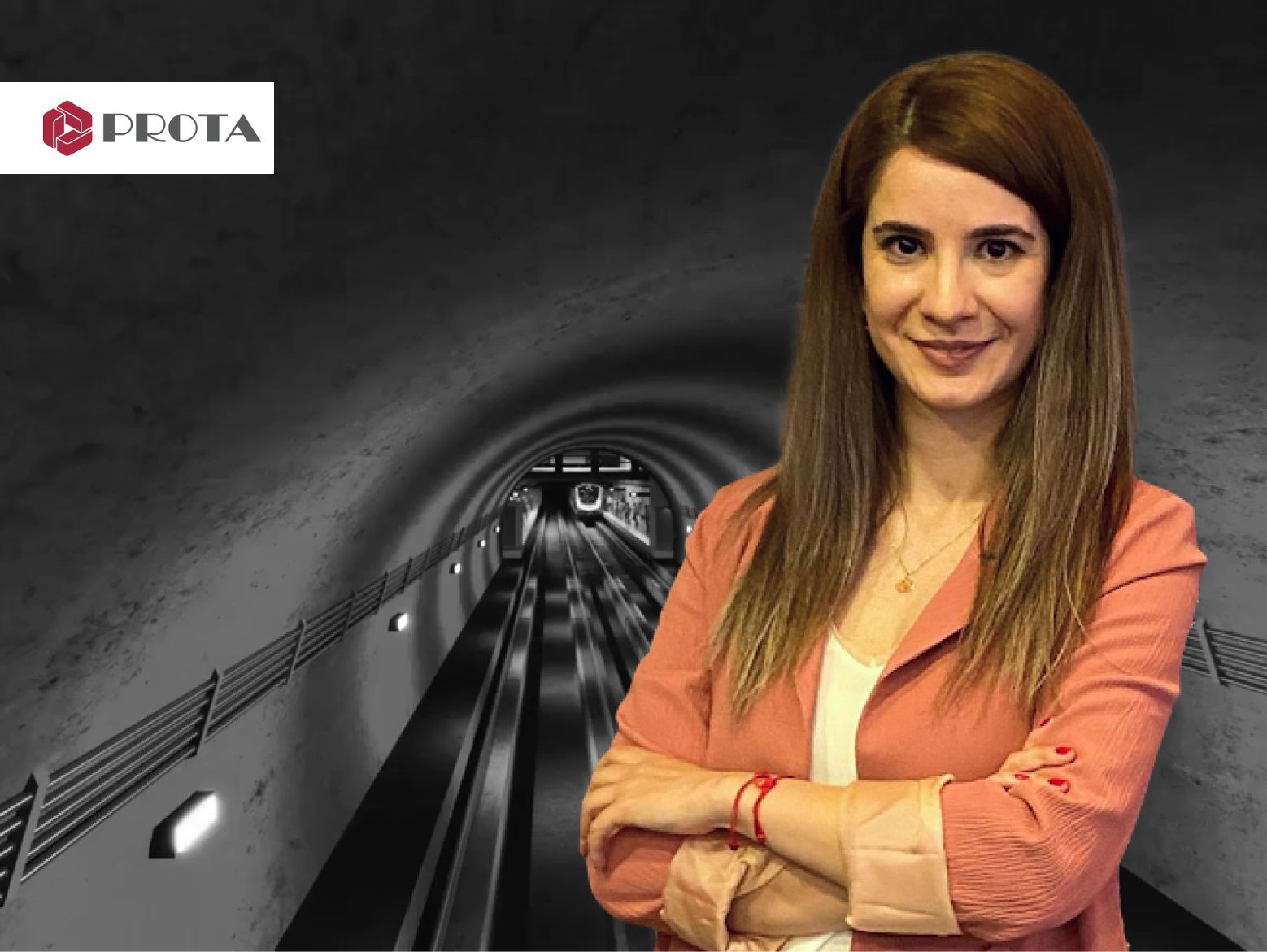Streaming Now – Novatr’s story on The Indian Edtech Story, only on Jio Hotstar.
PROGRAMS
Join thousands of people who organise
work and life with Novatr.
8 BIM-related Technical and Soft Skills You Need for an Excellent BIM Career
Thet Hnin Su Aung
8.5 mins read
June 12
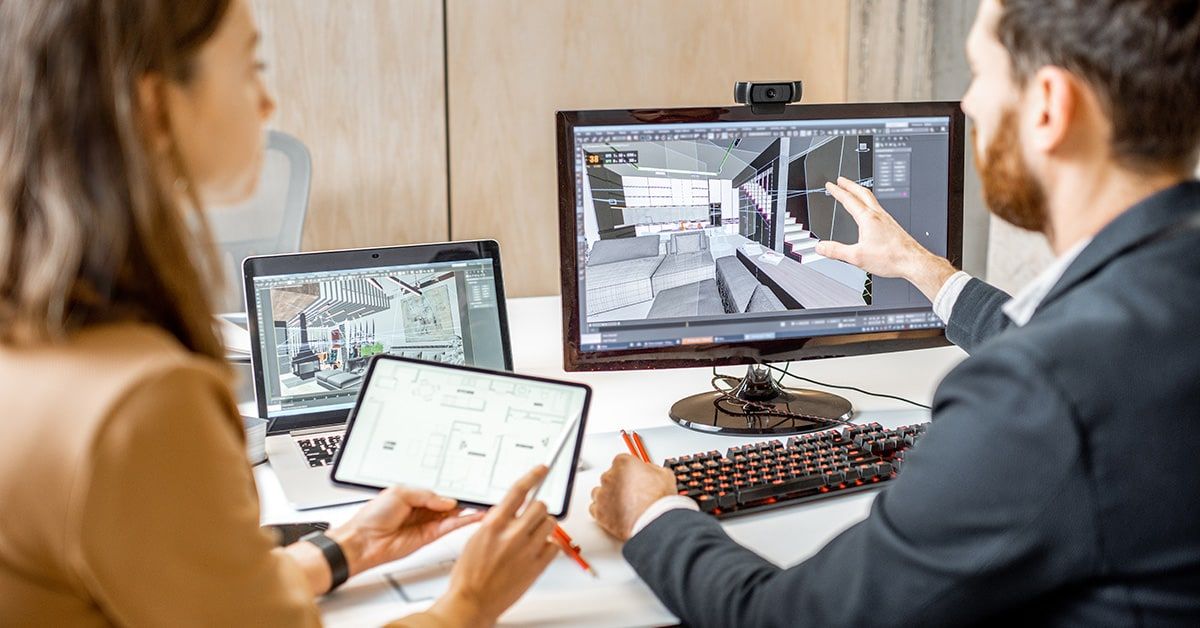
Technical Skills
1. Design & Construction Knowledge
Experience is an essential factor in becoming a BIM specialist. This experience will come from working in a particular AEC discipline and contribute to providing a professional with job-specific skills, i.e. design and construction knowledge. To communicate effectively with other project participants, one should be able to speak the same language as others, in design and/or construction processes.
You cannot discuss a particular issue with an expert in the related field without relevant knowledge. With a good display of knowledge and experience, it will become easier to gain the trust and respect of other project stakeholders.
2. Software Skills
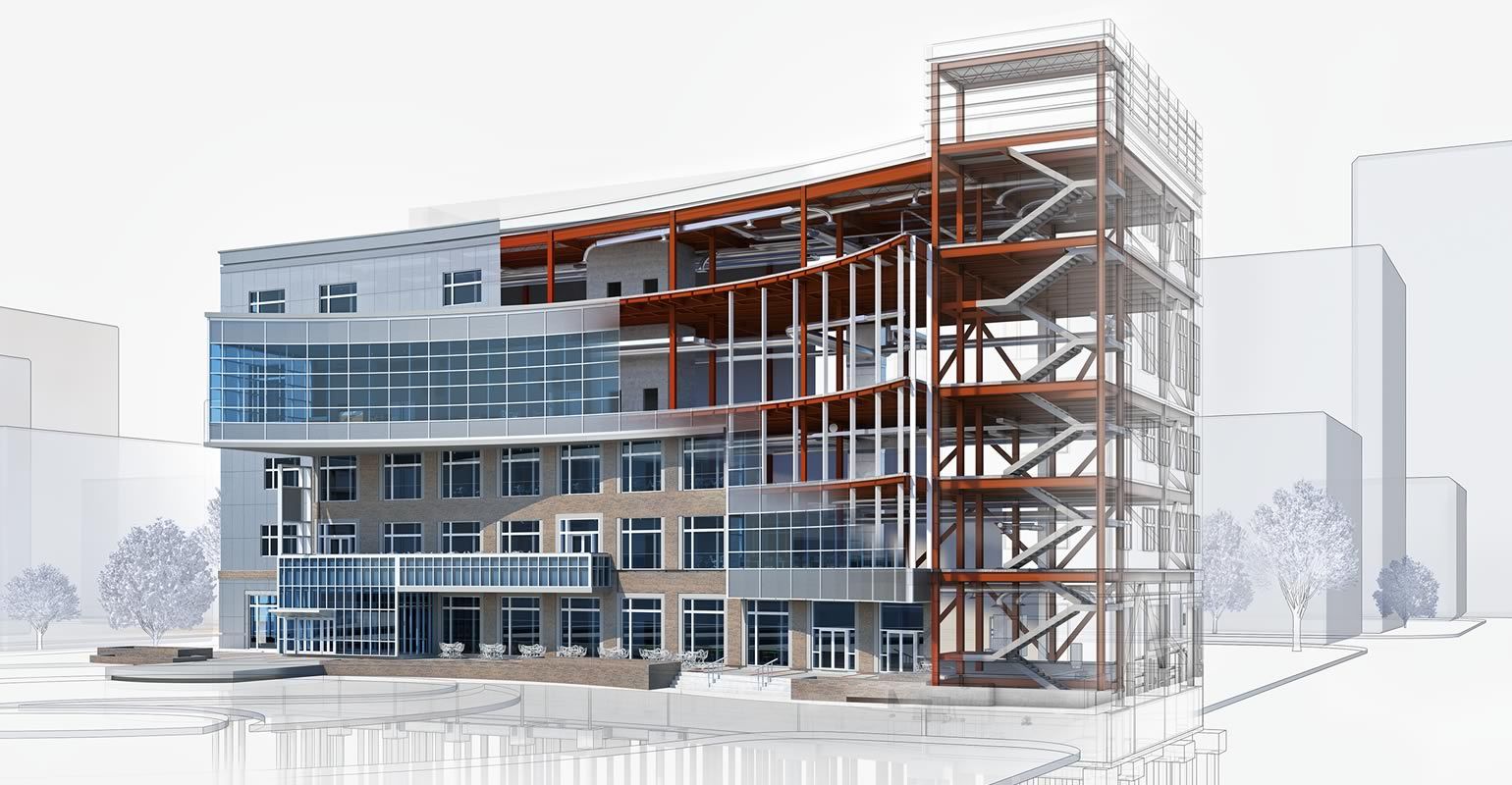
A 3D model in Revit (Source: https://bobby-parker.com/)
Look at any job posting, and you will see software skills listed at the top of the requirements. The type of BIM software and skill level depends on the role or responsibilities associated with a particular BIM job. Generally, the higher the position or responsibilities, the more advanced your software skills should be. For all BIM professionals, 3D modelling and cloud collaboration are the basics. If you can’t create and manage a data-rich 3D model shareable and manageable by different project parties, you are not actually working with BIM. The advance in software today has also allowed innovative and organic designs (created with visual programming) in BIM software. For example, Revit has plugins for Dynamo and Rhino.Inside for parametric modelling.
Data management, evidently, becomes essential too, as a building information model has so much information embedded. Various stakeholders use different parts of the model and information as required to optimize decision-making. More advanced technologies include AR (Augmented Reality) and VR (Virtual Reality), which are used for presentation and visualization purposes, particularly useful to ‘virtually experience’ the project before construction even begins.
A BIM coordinator, whose duties include setup, execution and quality checks, would also need clash detection tools, such as Navisworks, in addition to modelling and collaboration software. It is also imperative that we design sustainably - and it is surely feasible with BIM using sustainable design tools such as Green Design Studio and IES (Integrated Environmental Solutions).
3. Presentation Skills
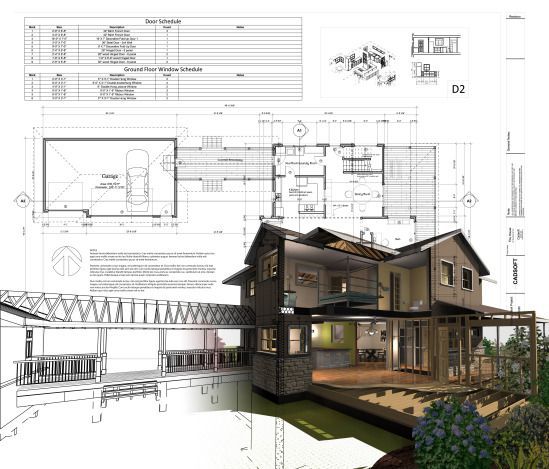
(Source: https://knowledge.autodesk.com/)
As a BIM model is packed with information, it is vital to present it clearly so that all stakeholders can understand and utilise the information. The deliverables for presentation are not only limited to renders and visualisation but also data embedding, scheduling, cost estimation and clash detection, to name a few. The aim should be clear - to deliver the right information to the right person for better decision-making. Therefore, all relevant information should be presented clearly in oral, visual or written formats. That is also why communication skill is also a requisite for a BIM professional (more about it below).

Soft Skills

Soft skills for professionals by Camila Barbieri (Source: https://dribbble.com/)
4. Communication Skills
A BIM specialist must communicate well in verbal, written and visual mediums for better transparency in project data dissemination. It requires both the technical BIM data and the ability to communicate across the team. Each stakeholder will be explicitly responsible for delivering their work in the project. BIM is all about collaboration, but if the communication in the team is not effective, it will only hinder the process.
5. Coordination Skills
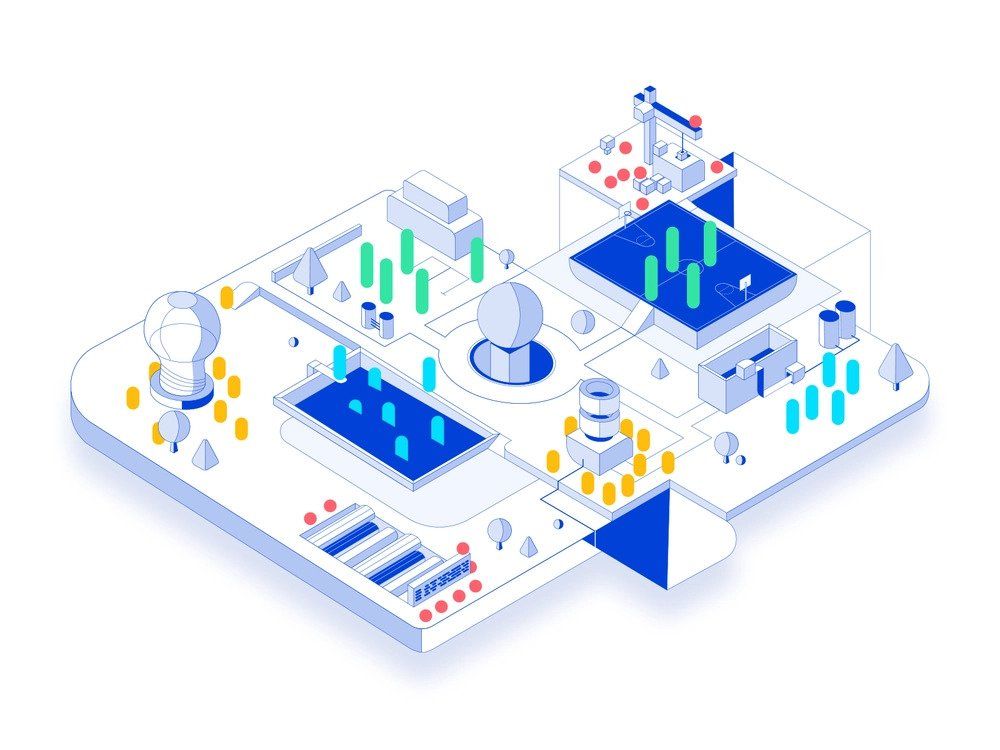
How a BIM project happens - multiple teams in a single project (Source: https://dribbble.com/)
Coordination is as important as communication in a project team. After all, a BIM professional does not and cannot work alone. The work is meant for a team to create, manage and analyse the BIM model. Coordination becomes necessary with many participants around. One should ensure that they are accessing the right file and information and delivering their work to the right person as well. Coordination will happen as a whole team and between different members bilaterally, on scheduling, data transfer, estimation and calculations.
6. Problem-solving Skills
A BIM professional should be able to analyze, identify and solve any issues with the information model and, if necessary onsite too. The analytical and problem-solving skills are not limited to identifying problems in the model. The BIM specialist, especially a BIM manager or coordinator, should also identify successful workflows that can be replicated in future projects and avoid unsuccessful processes. It is not uncommon for a building information model to contain errors and clashes; however, thanks to the asset of collaborative team workflows in BIM we can address such issues quickly and effectively.
It is up to a project stakeholder to solve any issue related to their part of the work, which is generally different for all stakeholders.
7. Leadership Skills

(Source: https://entrepreneurhandbook.co.uk/)
Leadership is not only needed by top team members but by all members of the project team. Although BIM managers and consultants generally lead the workflow, every participant is expected to join in project decision-making as each one is responsible for at least one section in the shared information model. Hence, they should have the skills to share, defend and lead their respective workflows.
Of course, when the professional is at a BIM manager post or higher, leadership skills become even more important. A BIM coordinator or manager will be expected to lead the project and guide all participants to ensure all processes are of desired quality and on time. Similarly, each BIM role comes with its share of responsibilities and having leadership skills is almost a non-negotiable.
8. Self-learning Skills
It does not matter what profession or position you are in. Upskilling yourself is always advisable. This will not only help you better your knowledge but also complete your work much more efficiently. A professional should take the initiative to learn new skills to keep up with the trends in the respective field. It is especially true for AEC professionals working in a rapidly changing industry, even more so with BIM, as the industry is now understanding its assets and aiming to develop this methodology even further.
BIM is now a global phenomenon in the AEC industry, and more and more countries will soon take up BIM to complete building projects efficiently. The demand for BIM professionals is also now on the rise. With the right skill set, you can negotiate for a well-deserved salary and/or enjoy better career opportunities.
Join Novatr’s BIM Professional Course and master the technical skills with the relevant software while polishing up your soft skills. What’s more - the course is taught by industry experts exploring real-world RIBA-structured projects.
Need to know more about BIM? Read our Comprehensive BIM Guide and check out the Resources page for more industry and career insights.

Join 100,000 designers who read us every month
